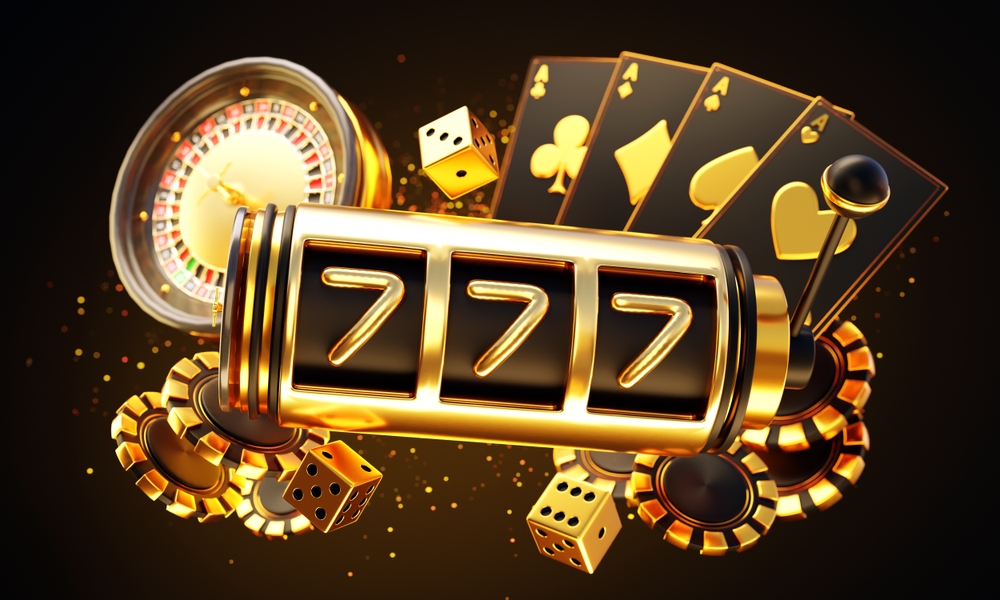Creating an account at a live casino involves an essential verification step that ensures your security and compliance with regulations. This process, known as Know Your Customer (KYC), is mandatory for all legitimate gaming platforms. When you sign up, the casino must confirm you are who you claim to be, that you’re of legal age to gamble, and that your funds come from legitimate sources. This article outlines the documentation requirements for live casino verification and offers guidance on completing this process swiftly.
Two step verification
Live casino verification typically occurs in two main stages. The first happens upon registration, where basic information like your name, address, date of birth, and email are collected. The second stage requires you to submit specific documents that prove your identity and address. Click here for more info about how each casino implements these verification procedures. Most platforms now utilize secure upload systems where you can directly submit photos or scans of your documents through your account portal. The verification team then reviews these documents, which usually takes 24-72 hours, depending on the casino’s processing capacity and the clarity of your submitted materials.
Proving your identity
- Government-issued photo ID – Passport, driver’s license, or national ID card with photo, full name, date of birth, and expiration date.
- Secondary ID confirmation – Some casinos require a utility bill or bank statement for large withdrawals.
- Clear, recent photograph: Occasionally, casinos may request a current picture of you holding your ID next to your face to confirm the ID belongs to the account holder.
- Colour scans: All documents must be submitted in colour rather than black and white to show security features correctly.
Address confirmation
Address verification protects both the casino and players from fraudulent activities. Acceptable documents typically must be less than three months old and display your name and current address. Most commonly accepted documents include utility bills (electricity, water, or gas), bank statements, tax documents, and official government letters. Mobile phone bills are sometimes accepted, but prepaid accounts may not qualify. The address on these documents must match exactly what you provided during registration. Any discrepancies, even minor ones like abbreviations versus complete spellings, can delay the verification process.
Money methods
Casinos must verify that you own the payment methods connected to your account. Credit or debit cards typically require photos of both sides, but you need to cover all but the last four digits for security purposes. For e-wallets, screenshots showing your name and email address associated with the account are usually required. Bank transfers require bank statements or screenshots of your online banking portal showing your name and account details. This step prevents unauthorized use of payment methods and helps combat money laundering activities in the gaming industry.
Fixing rejected documents
Document rejection happens more often than you might think, but solutions are straightforward. Poor image quality is a common issue always ensure that scans or photos are well-lit and focused and show all corners of documents. Expired IDs will always be rejected, so check expiration dates before submission. Partial information issues occur when critical details like your name or address are obscured, cut off, or blurry. If document details don’t match your account information, you’ll need to either update your account details or provide additional documentation explaining the discrepancy.


